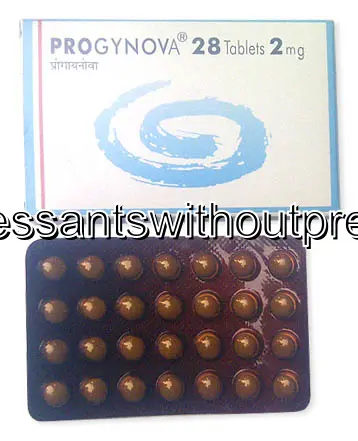| Package | Dosage | Price | Price per Dose | |
|---|---|---|---|---|
| Dosage: 1mg | ||||
| 140 pill | 1mg | £164.50 | £1.17 | |
| 112 pill | 1mg | £137.27 | £1.23 | |
| 84 pill | 1mg | £110.05 | £1.31 | |
| 56 pill | 1mg | £75.73 | £1.36 | |
| 28 pill | 1mg | £43.78 | £1.56 | |
| Dosage: 2mg | ||||
| 140 pill | 2mg | £265.09 | £1.89 | |
| 112 pill | 2mg | £222.49 | £1.99 | |
| 84 pill | 2mg | £177.51 | £2.12 | |
| 56 pill | 2mg | £119.52 | £2.13 | |
| 28 pill | 2mg | £66.26 | £2.37 | |

Estradiol Description
Overview of Estradiol
Estradiol is a naturally occurring form of estrogen, a hormone vital for the development and regulation of the female reproductive system and secondary sexual characteristics. It plays a crucial role in maintaining bone density, cardiovascular health, and overall hormonal balance. As a medication, estradiol is commonly prescribed for hormone replacement therapy (HRT) in women experiencing menopause symptoms, as well as for certain hormonal disorders and conditions affecting the ovaries or hormonal levels.
Formulations and Usage
Estradiol is available in various forms, including tablets, patches, gels, creams, injections, and vaginal rings. The choice of formulation depends on the patient’s needs, medical condition, and preferences. The medication is usually administered under medical supervision to ensure proper dosage and to monitor its effects. When used appropriately, estradiol can effectively alleviate symptoms such as hot flashes, night sweats, vaginal dryness, and mood swings, improving quality of life for many women.
Effectiveness and Benefits
Many users find estradiol to be highly effective in managing menopausal symptoms. It helps restore hormonal balance, which can prevent bone loss and reduce the risk of osteoporosis. Additionally, estradiol may improve skin elasticity, prevent vaginal atrophy, and support cardiovascular health by maintaining proper lipid profiles. For women undergoing hormone therapy for other conditions, estradiol offers targeted benefits that support hormonal and overall health.
Potential Side Effects and Risks
While generally well tolerated, estradiol can cause side effects in some users. Common adverse reactions include nausea, breast tenderness, headaches, or mild abdominal bloating. Serious but rare risks involve blood clots, stroke, or increased risk of certain cancers with long-term use. It is essential that patients undergo thorough medical evaluation before starting estradiol therapy and continue regular monitoring during treatment. Women with a history of blood clots, certain cancers, or liver disease should discuss these conditions with their healthcare provider prior to use.
Precautions and Recommendations
Patients are advised to follow prescribed dosages strictly and report any unusual symptoms to their healthcare provider promptly. Regular check-ups might include breast exams, pelvic examinations, and blood tests to assess hormone levels and overall health status. It is important not to abruptly discontinue estradiol without medical guidance, as this may disrupt hormonal balance. Additionally, lifestyle measures such as maintaining a healthy diet, exercising regularly, and avoiding smoking can enhance the benefits and reduce risks associated with hormone therapy.
Conclusion
Overall, estradiol is a trusted and effective medication for managing estrogen deficiency and related symptoms. When used under medical supervision, it provides significant relief and health benefits. Patients should be aware of potential side effects and adhere to medical advice to ensure safe and effective treatment. Proper monitoring and communication with healthcare providers are key to maximizing the benefits of estradiol while minimizing possible risks. With the right approach, many women find estradiol to be a valuable component of their health management plan.
